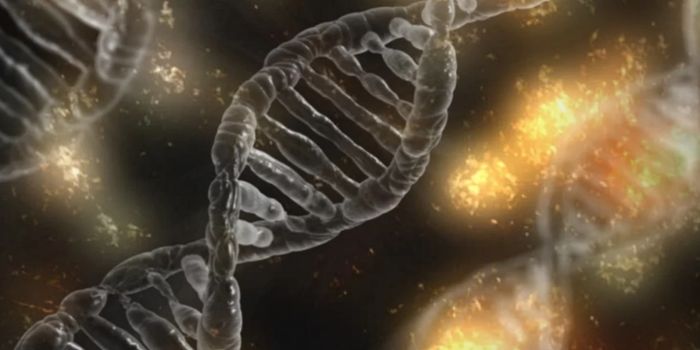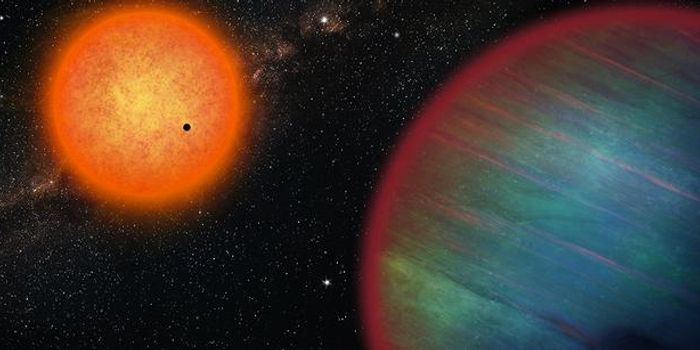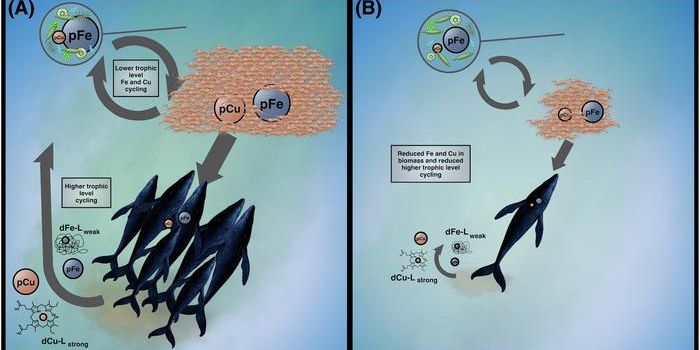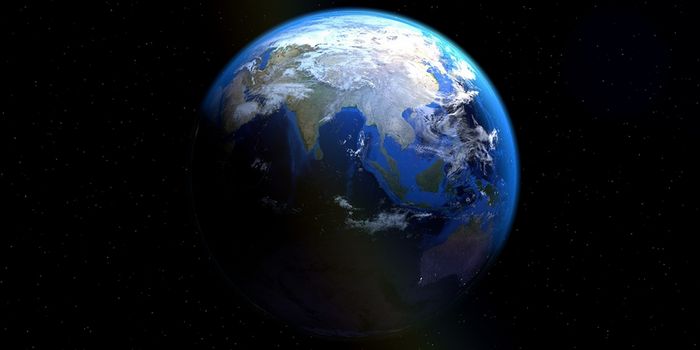Reevaluating methane emissions from aquatic ecosystems
A study published recently in Nature Geoscience suggests the need to reconsider the sources of methane entering our atmosphere. The study, led by a team of international researchers, reports that aquatic ecosystems and wetlands account for up to half of the total methane emissions budget.
Judith Rosentreter of the Yale School of the Environment says that their study reflects on aquatic ecosystems as methane emitters with the conclusion that these sources have been greatly underestimated in past investigations. The paper reviews the methane fluxes from 15 major natural, human-made, and human-impacted aquatic ecosystems and wetlands.
"An accurate accounting of the sources of methane from aquatic ecosystems, and if they are impacted by human activities, is important to understanding atmospheric methane concentrations,'' says co-author of the study Peter Raymond, who is also a professor of ecosystem ecology.
The team determined that the combined methane emissions from these aquatic ecosystems are potentially a larger source of methane than direct human-driven methane sources like agriculture or fossil fuel combustion. Nevertheless, cautions Rosentreter, "Anything human-driven or human-impacted had much higher fluxes than more natural sites.”
One example of this is rice cultivation, which, according to the study, emits more methane annually around the globe than all coastal wetlands, the continental shelf, and open ocean combined. Coastal aquaculture, as well as fertilizer runoff, are also causes for methane release from aquatic ecosystems.
Understanding this anthropogenic methane footprint in aquatic ecosystems opens the path toward reducing it, say the researchers. "The intense methane emissions from aquatic ecosystems offer opportunities for intervention providing potential quick wins in reducing greenhouse emissions, provided the much large role per molecule emitted of methane compared to carbon dioxide,'' says study co-author Carlos M. Duarte, professor at King Abdullah University of Science and Technology in Saudi Arabia. "Reducing methane emissions from aquatic systems will be an important part of stabilizing the Earth's temperature,'' adds co-author Bradley Eyre Director.
Rosentreter concludes that efforts to reduce methane could have other beneficial impacts on ecosystems: "With this awareness is also the possibility of helping to keep our waters cleaner.”
Sources: Nature Geoscience, Science Daily








